Life inside the world’s largest tech company isn’t everything it seems.
In the weeks before Seattle’s Emerald City Comicon—also the worldwide premiere of Ganymede’s first feature film—head of development, Jenny Whitford gets a disturbing visit that threatens to blur the lines between her past life and her present.
She’s suddenly forced to do one more impossible job, at the premiere she’s organizing: a diamond heist from a glass vault in the middle of the city—The Ganymede Orbs.
A story about running from your past, finding your future, and a few timely visits from Ganymede’s founder and philosopher CEO, John Alby.
***
Data is an investment, just like any other asset. This is why we have to think about it as such.
Whose responsibility are they and why should we treat them more like tennis than football? Just take a look at Johnsonville Sausage.
When you are first starting out you want to make a huge impact. It can be tempting to seek out the biggest problem and dive in. Caution. That’s not the purpose of your first deliverable. The purpose is to set an impression.
This is the third and final installment of our New Adventure Series capturing the thoughts and feelings following the birth of my children. (ref: Next Adventure, Lila 2019; New New Adventure, Ciara 2021). Now Ciara’s a big sister too. So let the games begin in this Last Adventure into parenting with the addition of blessing #3, baby Chase. As my cousin Tim said, it’s a full house, Queens over Kings…
I recently learned the difference between story and plot. Thats what I’ve been working on for the past 2 years…
1960's Harlem and a Pulitzer Prize winner enters the genre with 'HARLEM SHUFFLE'. Here's some lessons.
Why they are a litmus test and have resulted in more re-writing than any other editing aspect.
In some heists the floor is hot lava. In others you can scamper right across the lobby. Here are 5 misc. things I’ve learned thus far on the genre and the process of writing.
3 Lesson about writing emotions from ‘The Emotional Craft of Fiction’ by Donald Mass.
Three (plus one) hidden gems I uncovered this week from circa 1983, for anybody on their grind; from John Gardener's 'On Becoming A Novelist'
A list of my research books with cool tidbits before I retire them. (It’s my attempt to move on from toiling away on Act 1).
How often do best selling authors tell you what the character is thinking? (Spreadsheets inside.)
There are three states of information in a book. You either know: (1) More than the hero; (2) Less than the hero or; (3) The same as the hero.
And there’s one more state in a heist.
Here is some more research into why this is taking so long: I've unintentionally been tackling this story in three stages.
Today I have three small lessons I’ve collected and observed lately. In other words, three more things I am in the process of overthinking.
This post is a really long way of describing all about how I eventually stepped away from using spreadsheets to do the actual writing (and finally finish) my manuscript.
Not in real life, unfortunately. We're talking about book (of course).
What’s the proper order of descriptions? And when are you supposed to tell readers how tall a character is? These are the questions I never knew I’d have.
“Ask yourself what makes you happy.” - Van Tran, Amazon Treasury, Capital Markets

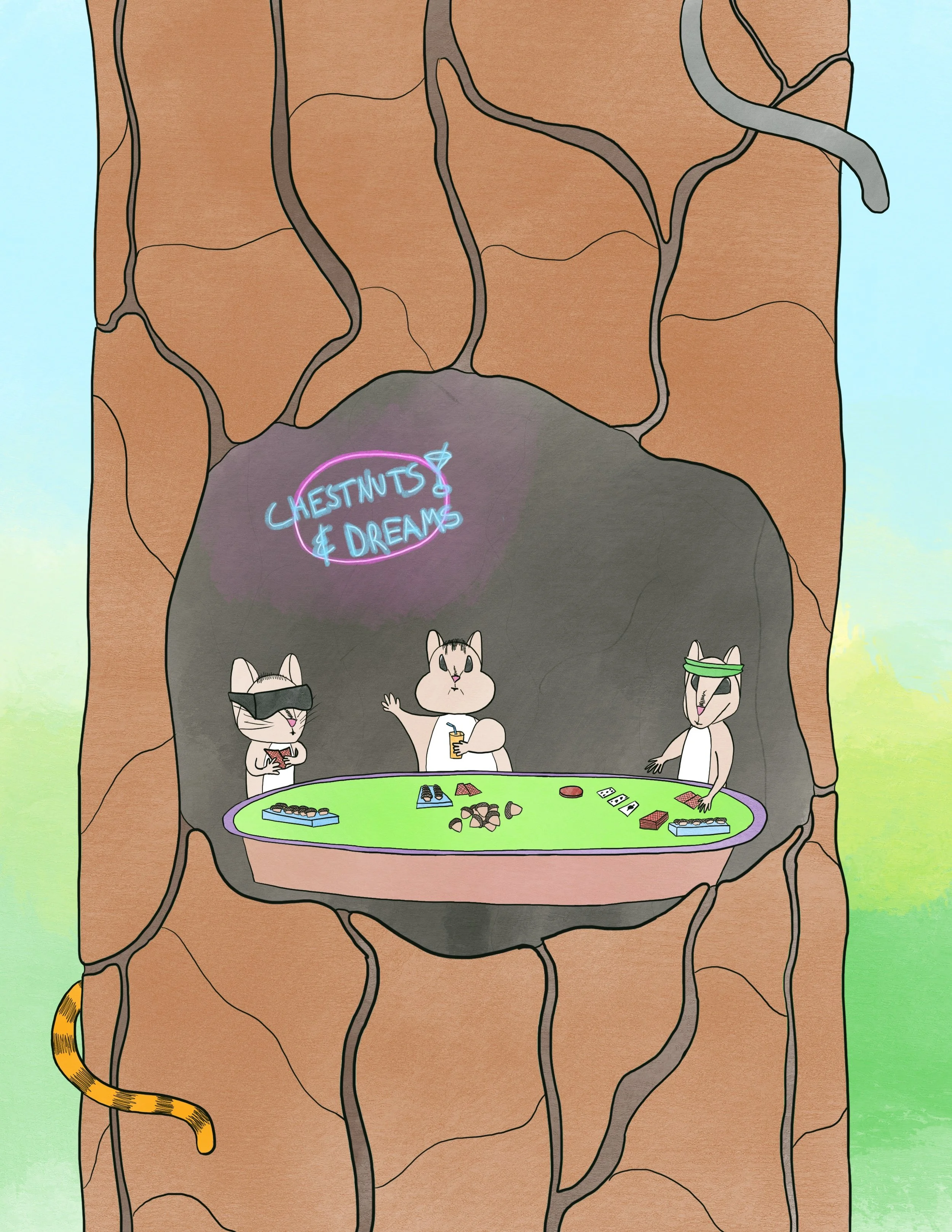



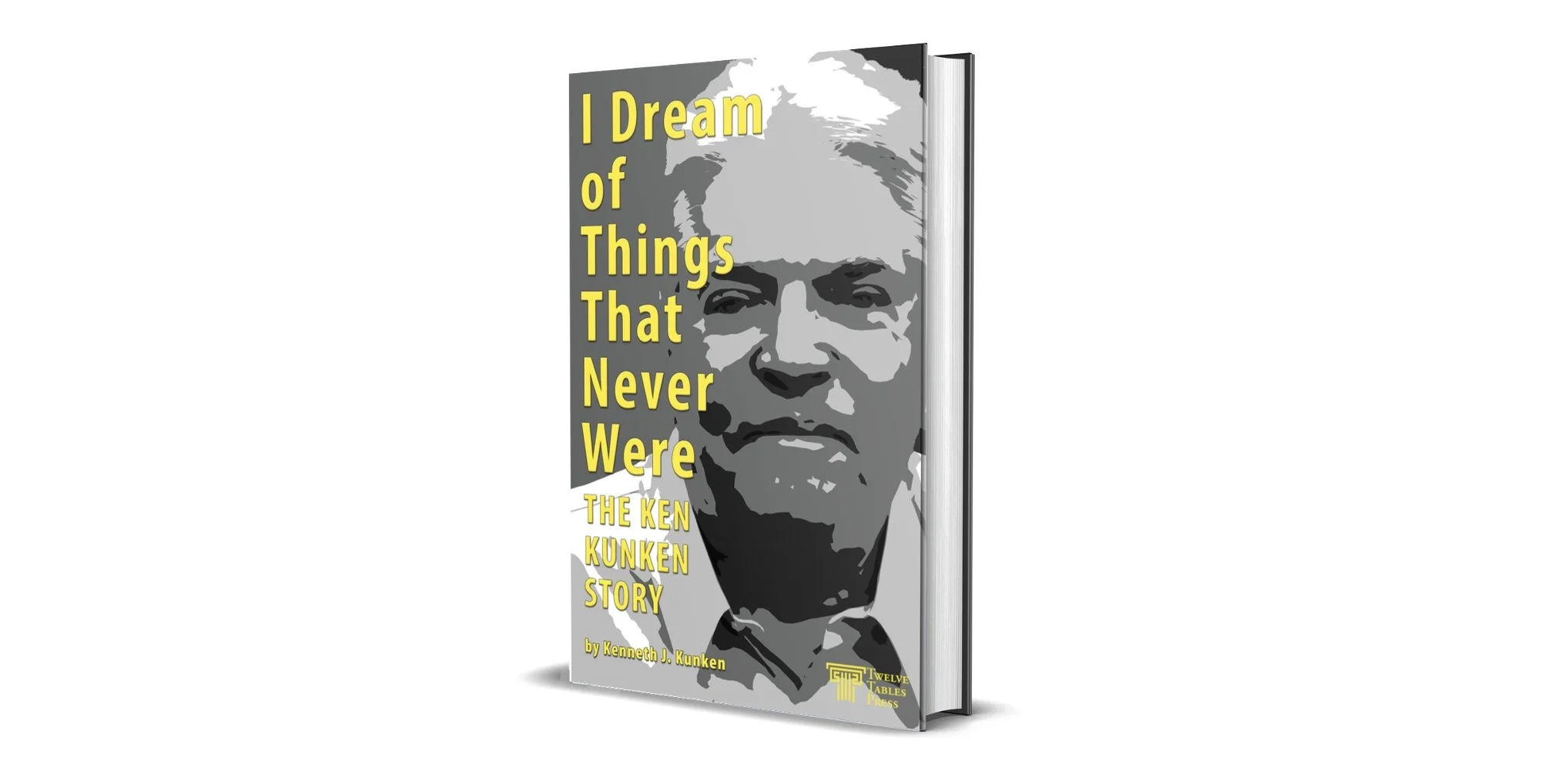



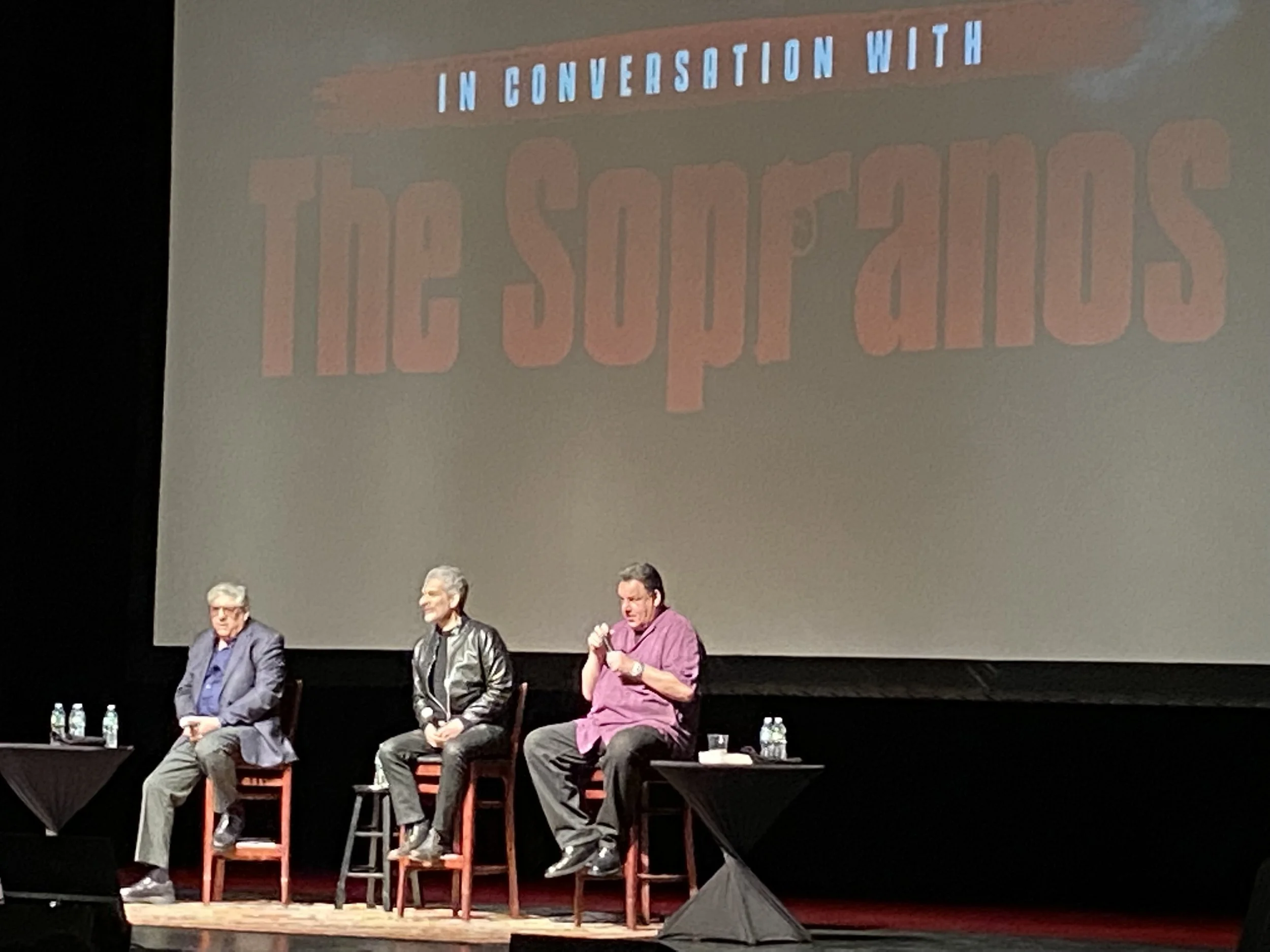


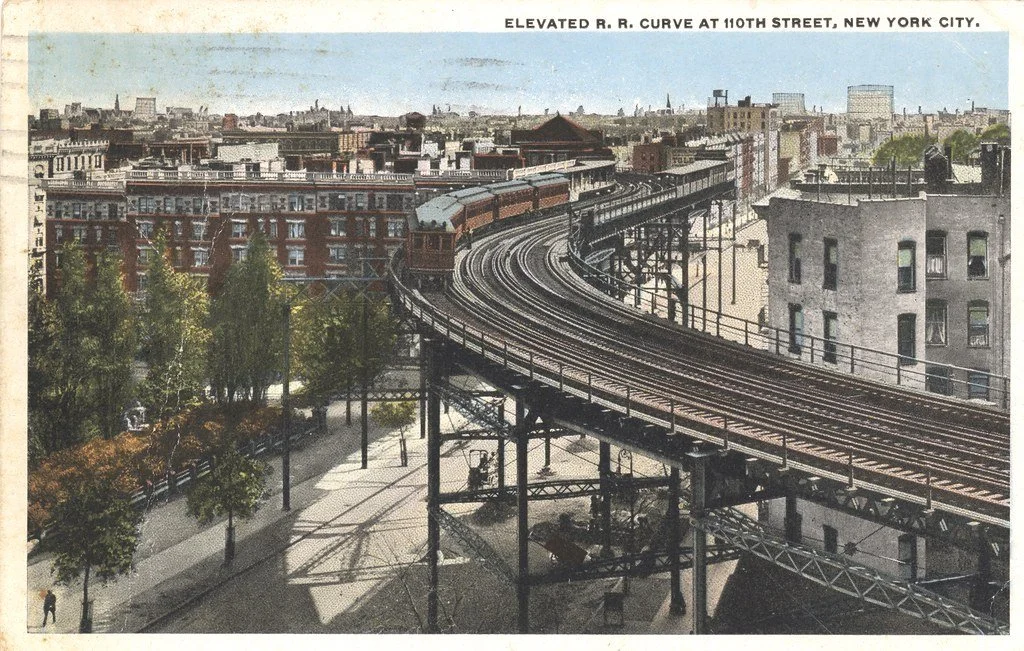





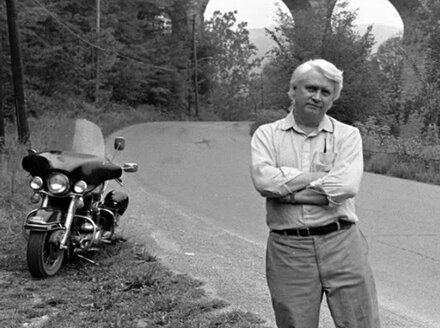





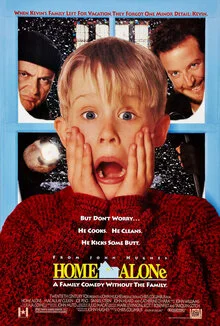

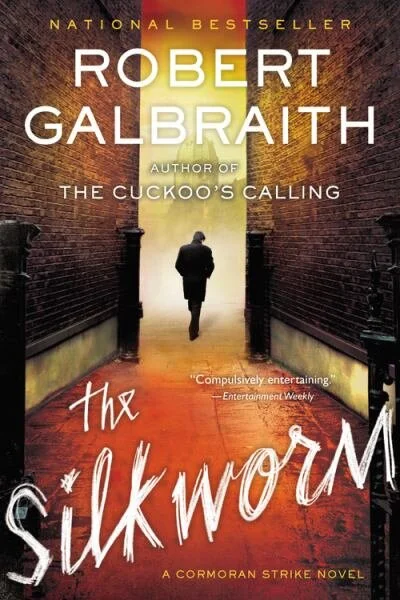



A good input metric is one that enables us to monitor and change our behavior. It should have the following characteristics: (1) Focus – it measures one thing; (2) Ownership –a specific person is accountable for its performance and accuracy of the measurement; (3) Benchmark – there is a target which informs whether or not performance is satisfactory.